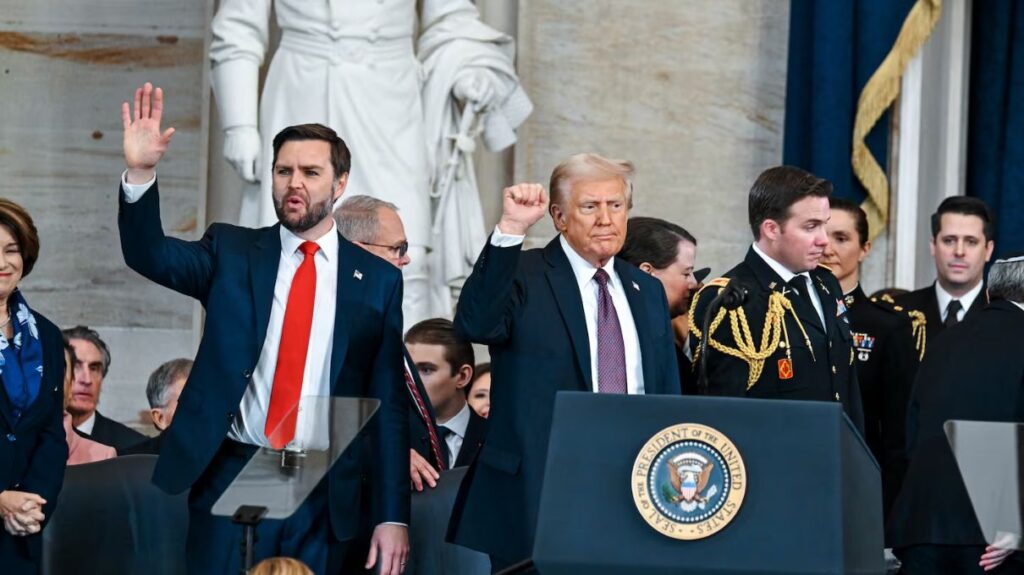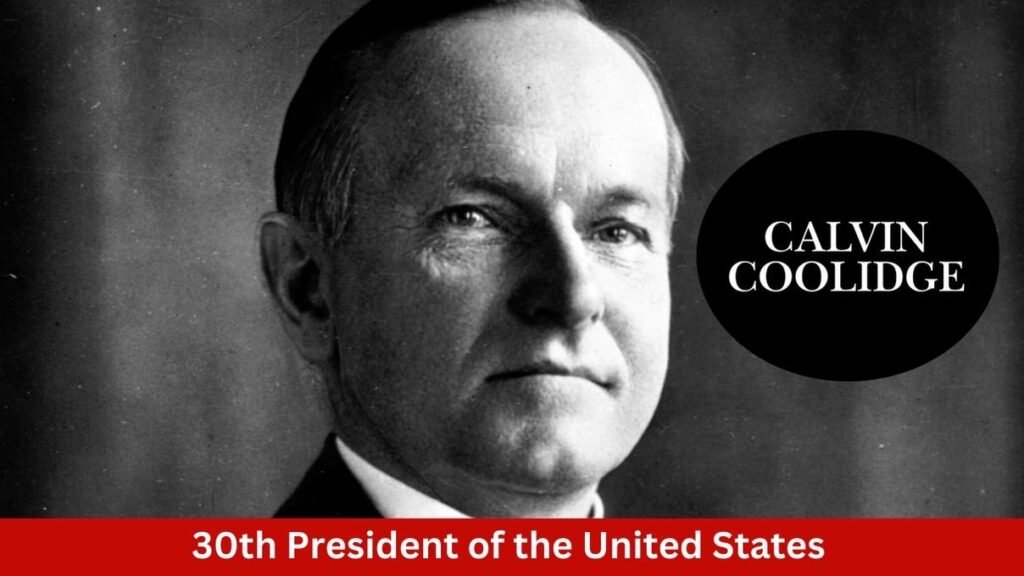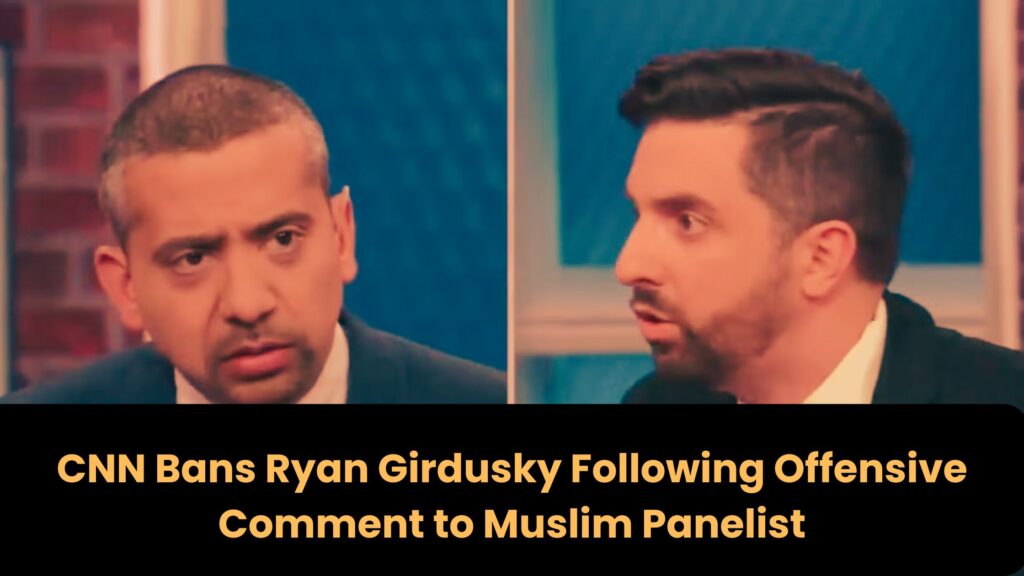Jeff Bezos (Jeffrey Preston Bezos), born on January 12, 1964, is a prominent American business magnate who founded Amazon, a giant in global e-commerce and cloud computing. Known for his vision and innovation, Jeff Bezos built Amazon from a small online bookstore into the world’s largest online retailer and a leader in digital streaming, cloud services, and artificial intelligence. As of July 2024, Bezos is recognized as the world’s second-richest person, with a net worth of approximately $211 billion, per Forbes. His net worth and influence placed him as the wealthiest person globally from 2017 to 2021, as per both Forbes and Bloomberg’s Billionaires Index.
Jeff Bezos’ early life began in Albuquerque, New Mexico, though he was raised in Houston and Miami. He pursued his higher education at Princeton University, where he graduated in 1986 with degrees in electrical engineering and computer science. Jeff Bezos’ career initially led him to Wall Street, where he worked in various technology-focused positions before launching his entrepreneurial journey. In 1994, during a cross-country drive from New York to Seattle, he developed the idea for Amazon. Starting as an online bookstore, Amazon rapidly diversified, offering a wide range of products and services. Today, it stands as the world’s largest Internet retailer, by both revenue and market reach, and is a leading provider of cloud infrastructure through Amazon Web Services (AWS).
Jeff Bezos Visionary Founder of Amazon and Space Pioneer
In addition to Amazon, Jeff Bezos has been instrumental in advancing space exploration. In 2000, he founded Blue Origin, a spaceflight services company, with a vision to make space travel more accessible. Blue Origin’s New Shepard rocket successfully reached space in 2015, and Bezos himself ventured into space in 2021 on the NS-16 flight. Bezos also expanded his influence in media by acquiring The Washington Post for $250 million in 2013. Beyond these ventures, he manages a variety of investments through his company, Jeff Bezos Expeditions, and in 2021, he co-founded the biotechnology startup Altos Labs.
Jeff Bezos’ wealth and achievements have set historic records. He became the first person to exceed $100 billion on Forbes’ Real-Time Billionaires Index, a milestone previously reached only by Bill Gates. In 2018, his net worth peaked at $150 billion, leading Forbes to dub him the “richest man in modern history.” By August 2020, Bezos surpassed $200 billion, a feat few in history have achieved. In July 2021, he stepped down as Amazon’s CEO and president, transitioning to executive chairman, while Andy Jassy took over as CEO, marking a new era for Amazon under his guidance.
Jeff Bezos Early Life and Family Background
Jeffrey Preston Bezos, originally Jeffrey Preston Jorgensen, was born on January 12, 1964, in Albuquerque, New Mexico. His mother, Jacklyn Gise, was just 17, still a high school student, while his father, Ted Jorgensen, was 19 and made his living as a unicyclist. Ted, who was Danish American, faced difficulties with alcohol and struggled financially, adding to the young family’s challenges. When Jeff was 17 months old, his parents divorced, and his mother moved back to her parents’ home with young Jeff, eventually filing for divorce in 1965.
Jacklyn’s resilience is notable. Determined to improve her and her son’s future, she balanced caring for Jeff while attending night school to complete her education. In 1968, Jacklyn married a Cuban immigrant named Miguel “Mike” Jeff Bezos, who was dedicated to his studies and future prospects. Mike soon adopted Jeff, who took the Bezos surname and became part of a newly formed family unit that valued both education and ambition. They left Albuquerque to give the family a fresh start, beginning a new chapter that laid the groundwork for Jeff’s early educational journey.
Jeff’s family expanded over time, and he soon became the eldest sibling. His grandfather, Lawrence Preston Gise, a regional director for the U.S. Atomic Energy Commission, would also play a crucial role in Jeff’s early development, introducing him to scientific concepts and fostering his curiosity. This strong family support system and Jeff’s natural inclinations would soon lead him to begin showing remarkable scientific interest and ingenuity, marking the beginning of his journey toward a transformative future.
Childhood Curiosity and Move to Houston
As Jeff continued to grow, he showed early signs of intellectual curiosity, especially with scientific and mechanical endeavors. When he was just a toddler, he attended a Montessori school in Albuquerque, where his inquisitive mind was first encouraged. After Mike Jeff Bezos completed his degree at the University of New Mexico, the family moved to Houston, Texas. Mike took a position as an engineer with Exxon, allowing the family some stability and opportunities to settle into a more comfortable lifestyle.

Jeff attended River Oaks Elementary School in Houston, where he continued developing an interest in science and technology. Jeff’s grandfather, Lawrence Preston Gise, remained a positive influence, with Jeff often spending summers at his grandfather’s ranch in Cotulla, Texas. This time at the ranch nurtured Jeff’s interest in mechanics and hands-on activities, and he would later expand the ranch significantly, turning it into a large-scale property. These formative experiences taught Jeff the value of hard work and innovation, and he began experimenting with various projects, such as an electric alarm system to keep his siblings out of his room. This imaginative and independent thinking would continue to be a defining trait in his life and career.
High School Years in Miami
Jeff’s family eventually relocated to Miami, Florida, where he attended Miami Palmetto High School. There, Jeff’s academic drive became more evident. He stood out in his class as a high achiever and took part in a range of extracurricular activities. He also worked as a short-order line cook at McDonald’s during the breakfast shift, an experience that introduced him to the structure of a fast-paced work environment and the importance of time management and efficiency.
During high school, Jeff Bezos participated in the Student Science Training Program at the University of Florida, where his academic prowess was further recognized. He graduated as the class valedictorian, earning the prestigious National Merit Scholar and Silver Knight awards. In his valedictory speech, he expressed a grand vision for humanity, stating his hope that one day, people would live in space, preserving Earth as a vast natural reserve. His goal to “move all people off Earth” reflected his bold imagination, a quality that would drive his later pursuits in both technology and space exploration.
College at Princeton University
After high school, Jeff Bezos enrolled at Princeton University in 1982. Initially majoring in physics, he later shifted his focus to electrical engineering and computer science, a decision that would prove instrumental to his future career. He was actively involved in the academic community, becoming a member of the prestigious Phi Beta Kappa and Tau Beta Pi societies and achieving an impressive 4.2 GPA. Additionally, he joined the Princeton chapter of the Students for the Exploration and Development of Space (SEDS), where he served as president.

Jeff Bezos time at Princeton helped sharpen his scientific skills and broaden his network, connecting him with peers who shared his interests. Despite being talented in physics, an experience with a fellow classmate who excelled beyond him in a math problem influenced his decision to focus less on theoretical physics. His practical, driven nature led him to graduate summa cum laude in 1986 with a Bachelor of Science in Engineering (BSE). Princeton provided the foundation for Bezos’ analytical approach and ambition, setting him on a path to become one of the world’s most influential entrepreneurs.
Sure! Here’s an expanded version of the Business Career section for Jeff Bezos’ biography, adding more detail to both the Early Career and Amazon sections.
Business Career
Early Career
After graduating from Princeton University in 1986, Jeff Bezos had numerous job offers from prestigious companies like Intel, Bell Labs, and Andersen Consulting. He began his career at Fitel, a telecommunications startup focused on creating a network for international trade. His talents quickly earned him a promotion to head of development and director of customer service, where he played a crucial role in the company’s early growth.
Jeff Bezos then transitioned to the banking industry, taking on the role of product manager at Bankers Trust from 1988 to 1990. Here, he honed his analytical skills and developed a keen understanding of finance and risk management. His work involved collaborating with some of the most prominent figures in finance, and this experience further prepared him for his next venture.

In 1990, Bezos joined D. E. Shaw & Co., a newly established hedge fund that prioritized mathematical modeling and data analysis in its investment strategies. At D. E. Shaw, Bezos thrived, eventually becoming the company’s fourth senior vice president by the age of 30. He leveraged advanced algorithms and statistical models to inform investment decisions, gaining invaluable insights into market dynamics. Despite his success in the finance sector, Bezos became increasingly captivated by the rapidly growing internet and its potential for commerce, ultimately prompting a significant career shift.
Amazon
In the spring of 1994, Jeff Bezos discovered that web usage was skyrocketing at a staggering rate of 2,300% per year. Inspired by this growth, he decided to create an online bookstore, envisioning a platform that would offer a wider selection of books than any physical store could. Alongside his then-wife, Mackenzie Scott, he left D. E. Shaw and founded Amazon in a rented garage in Bellevue, Washington, on July 5, 1994. The initial business plan was conceived during a cross-country drive from New York City to Seattle, where they laid the groundwork for what would become a revolutionary retail experience.
Initially named “Cadabra,” Jeff Bezos later rebranded the company to “Amazon,” after the Amazon River, symbolizing his ambition for it to become the largest online bookstore in the world. The name also strategically positioned Amazon at the top of alphabetized website listings, making it easier for customers to find. Bezos accepted approximately $300,000 from his parents to help launch the business, despite cautioning early investors that there was a 70% chance of failure. His foresight and determination laid the foundation for what would become an unprecedented online retail empire.

Amazon went public in 1997, and Jeff Bezos remained committed to expanding its product offerings beyond books. By 1998, he had diversified into music and video sales, and Amazon’s product range continued to grow, fueled by $54 million raised during an equity offering. However, in 2000, Bezos faced significant challenges as Amazon’s cash reserves dwindled to just $350 million, prompting him to borrow $2 billion from banks to keep the business afloat.
Despite early financial instability, including layoffs and the closure of distribution centers, Amazon rebounded. By 2003, the company turned a profit of $35 million, marking a turning point in its trajectory. Jeff Bezos relentless focus on customer satisfaction and innovation became central to Amazon’s identity, leading to groundbreaking initiatives such as the launch of Amazon Prime in 2005, which offered members expedited shipping and access to exclusive content.
In November 2007, Jeff Bezos launched the Amazon Kindle, revolutionizing how people consumed books and solidifying Amazon’s position in the digital marketplace. The Kindle’s success opened the door for Amazon to expand into e-books and other digital content, establishing it as a key player in the publishing industry.
Under Jeff Bezos visionary leadership, Amazon achieved remarkable milestones, including securing a $600 million contract with the CIA for Amazon Web Services in 2013 and being recognized as the largest online shopping retailer in the world. His innovative approach to e-commerce transformed Amazon into a global powerhouse, ultimately reshaping the retail landscape and setting new standards for customer service, convenience, and efficiency.
Public Image and Leadership Style of Jeff Bezos
Jeff Bezos, the founder of Amazon, has a complex public persona characterized by his relentless pursuit of innovation and growth, often described as that of “a brilliant but mysterious and coldblooded corporate titan.” This image was cultivated during the 1990s when he prioritized Amazon’s expansion over traditional social responsibilities, leading to criticism from journalists and industry peers alike. Mark O’Connell pointed out that Jeff Bezos focus on customer satisfaction often seemed narrowly defined, questioning its broader impact on society. Despite his immense wealth, Bezos was known for his frugality, famously driving a 1996 Honda Accord even as his fortune soared into the billions.
As Amazon grew, so did perceptions of Jeff Bezos leadership style, which has been characterized as data-driven and quantitative. He is known for his systematic approach to decision-making, often using detailed lists and criteria to guide corporate strategy. This meticulousness contributed to a reputation for being demanding and hyper-competitive. Over time, however, Bezos’s public image evolved as he adopted a more polished appearance and embraced a lifestyle indicative of his wealth, further cementing his status as a prominent figure in business and culture. This transformation mirrored Amazon’s evolution, with Bezos increasingly portrayed in popular media as a dominating presence, sometimes even likened to a supervillain.

Jeff Bezos leadership philosophy, famously encapsulated in his “Day 1” mindset, emphasizes a continuous drive for innovation and a reluctance to settle into complacency. He believes in what he calls a “regret-minimization framework,” guiding decisions based on long-term consequences and opportunities rather than immediate gains. Under his direction, Amazon’s corporate culture prioritizes customer obsession, risk-taking, and fostering employee morale. Bezos implemented unique practices, like the “two-pizza rule” for meetings, ensuring they remain small and efficient, and eschewing conventional presentation methods in favor of six-page narratives to stimulate deeper discussions.
Recognition and Wealth
Jeff Bezos’s contributions to technology and business have earned him numerous accolades and recognition. He was named Time’s Person of the Year in 1999, and he has consistently been listed among the best-performing CEOs globally. He received an honorary doctorate from Carnegie Mellon University and various awards for innovations such as the Amazon Kindle. His leadership and innovation in areas like space exploration and commercial pathways for human space flight have garnered him respect in multiple industries.
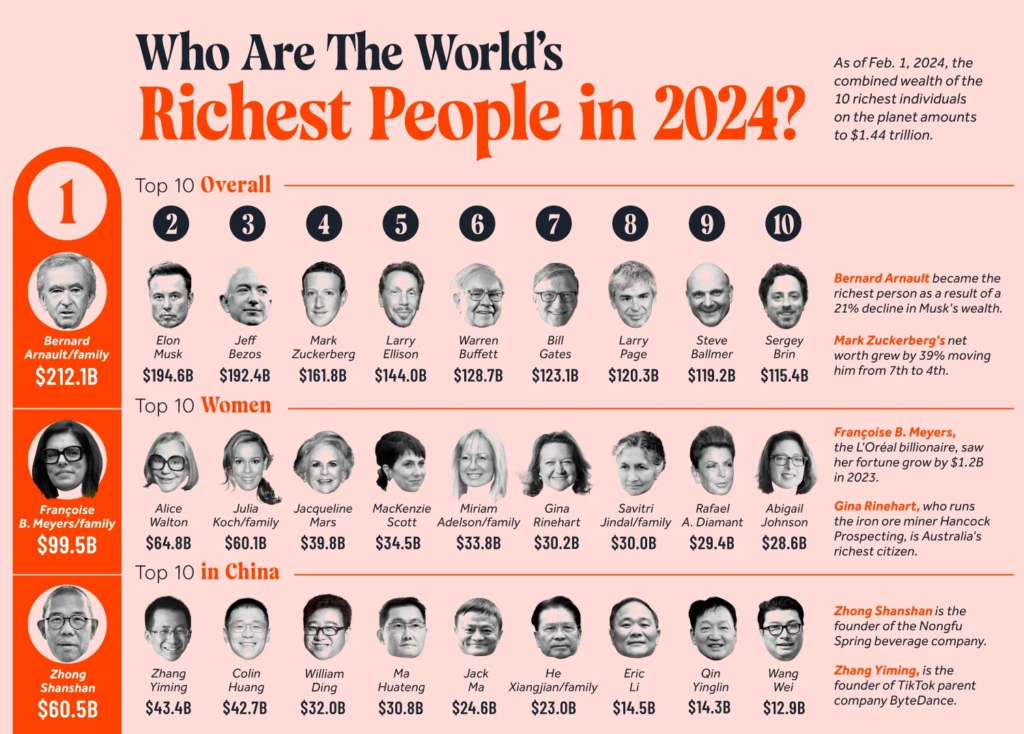
Jeff Bezos wealth trajectory has been remarkable. He first became a billionaire in 1997 following Amazon’s IPO and was initially valued at $10.1 billion. His wealth fluctuated significantly in the early 2000s but began to rise dramatically again around 2010, propelling him into the top ranks of the world’s wealthiest individuals. By 2018, Bezos’s net worth had surpassed $150 billion, and he was recognized as the wealthiest person in modern history by several financial publications. His wealth has drawn scrutiny and sparked discussions about economic inequality, particularly in light of labor strikes and protests by Amazon workers advocating for better pay and working conditions.
Criticism
Despite his successes, Jeff Bezos has faced substantial criticism regarding his management style and the working conditions at Amazon. Reports have described an adversarial environment, where employees often endure intense pressure and scrutiny. Accusations of verbal abuse and creating a cutthroat corporate culture have emerged, with former employees recounting harsh remarks from Bezos himself. Additionally, Bezos’s ownership of The Washington Post has raised concerns over potential conflicts of interest, particularly in light of criticisms directed at his other business ventures.
In response to these criticisms, Jeff Bezos has often defended his approach, emphasizing the importance of high standards and the pursuit of excellence. However, the public perception of him has been shaped by both his successes and the controversies surrounding his business practices. The stark contrast between his immense wealth and the experiences of Amazon workers has led to ongoing discussions about corporate responsibility and the ethical implications of his leadership style.
Personal Life
Jeff Bezos’s personal life has also garnered significant media attention. After marrying Mackenzie Tuttle in 1993, they had four children together before announcing their divorce in 2019 after 25 years of marriage. Their separation was publicized amidst reports of Bezos’s affair with Lauren Sánchez, leading to discussions about his private life that intersected with his corporate persona. Notably, Bezos has maintained a hands-on approach to parenting, often balancing his high-stakes business commitments with family life.
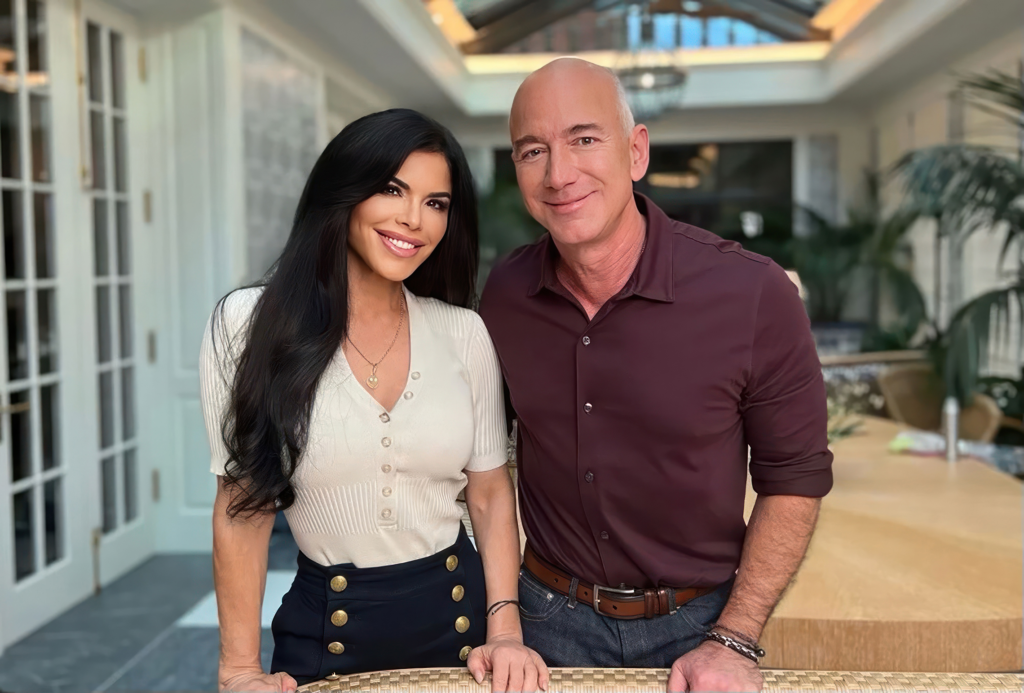
Additionally, Jeff Bezos has pursued interests beyond Amazon. He appeared in Star Trek Beyond, reflecting his lifelong passion for space and technology, and has invested heavily in Blue Origin, his aerospace company focused on space travel and exploration. These ventures align with his vision of advancing technology and contributing to future innovations. As he navigates his roles as a business leader, father, and public figure, Bezos continues to shape both his legacy and the future of the industries he influences.
In summary, Jeff Bezos remains a polarizing figure in contemporary society, representing both the epitome of entrepreneurial success and the challenges associated with corporate leadership in the modern era. His journey from a humble start in the tech industry to becoming one of the wealthiest individuals in history highlights the complexities of ambition, innovation, and the ethical responsibilities that accompany immense power and wealth.
Jeff Bezos: Politics and Philanthropy
Political Engagement
Jeff Bezos, the founder of Amazon, has navigated a complex landscape of political engagement throughout his career. His interactions with prominent political figures illustrate his influence and the implications of his business ventures. For instance, he received the US-India Business Council’s Global Leadership Award from Indian Prime Minister Narendra Modi in Washington, D.C., on June 7, 2016, highlighting his global business reach and relationships.
Jeff Bezos has shown political support by contributing to the campaigns of various politicians, including Democratic senators Patty Murray and Maria Cantwell from Washington. His contributions extended to both sides of the aisle, including Republicans such as Spencer Abraham. In 2012, he was a notable donor to the Washington United for Marriage campaign, advocating for the legalization of same-sex marriage in Washington state, where he contributed $2.5 million to support the cause.
His political activity is not limited to donations; Jeff Bezos has also been a part of advisory groups. After the 2016 presidential election, he was invited to join Donald Trump’s Defense Innovation Advisory Board, which aimed to enhance the technology utilized by the Department of Defense. However, Bezos has had a contentious relationship with Trump, who has publicly criticized him over perceived corporate practices and media influence.
The defense contracts that Amazon has pursued further emphasize Jeff Bezos intersection with politics. Amazon secured a $600 million cloud computing contract with the CIA in 2014, and later, in 2018, it was embroiled in controversy over a $10 billion contract with the Pentagon, known as the JEDI project. This led to allegations of favoritism in the bidding process, particularly when the contract was ultimately awarded to Microsoft, prompting Amazon to file a lawsuit claiming the process was biased.
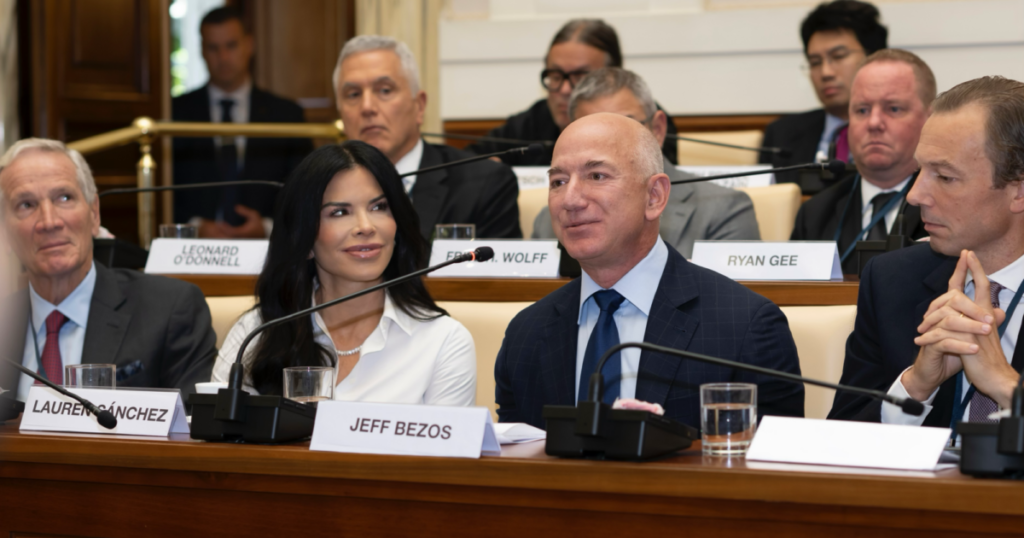
Despite his public advocacy for open borders and immigrant rights, Amazon has faced criticism for its business dealings with U.S. Immigration and Customs Enforcement (ICE), particularly concerning the marketing of facial recognition software.
In a notable move in 2021, Jeff Bezos made a $100 million donation to the Obama Foundation, signaling his support for progressive initiatives and his recognition of the legacy of civil rights leaders, specifically requesting that a plaza at the Obama Presidential Center be named after John Lewis.
Controversially, in 2024, Jeff Bezos blocked the Washington Post’s editorial board from endorsing Kamala Harris for president, a decision that sparked internal dissent among the paper’s leadership, with criticism directed at Bezos for perceived interference in journalistic independence.
Philanthropic Ventures
In addition to his political activities, Jeff Bezos has increasingly engaged in philanthropy, though initially, he was scrutinized for not signing the Giving Pledge, which encourages billionaires to donate a majority of their wealth. Despite this, he has made significant contributions over the years, particularly in education, homelessness, and climate change.
One of his notable philanthropic endeavors is the Day 1 Fund, which he announced in 2018, pledging around $2 billion to tackle homelessness and support early childhood education for low-income families. This initiative aims to establish a network of non-profit preschools and fund shelters for homeless families.
In 2018, he also donated $33 million to TheDream.US, a scholarship fund for undocumented immigrants, reinforcing his commitment to educational opportunities for marginalized communities. Furthermore, in response to climate change, Jeff Bezos established the Bezos Earth Fund in 2020, pledging $10 billion towards environmental initiatives. He has since distributed significant sums to various organizations focusing on sustainability and conservation.
Jeff Bezos philanthropy also includes substantial donations during the COVID-19 pandemic, such as a $100 million contribution to food banks through Feeding America. His generosity extended to recognizing individuals for their community efforts, such as awarding the Courage and Civility Award in July 2021, which included $100 million each to prominent figures like chef José Andrés and activist Van Jones.
Moreover, Jeff Bezos Academy, a project launched by Bezos, aims to provide tuition-free preschools modeled on the Montessori method for low-income families. This initiative is a tangible representation of his commitment to education and social equity.
In summary, Jeff Bezos’s political and philanthropic engagements illustrate a multifaceted approach to influence and social responsibility, with significant implications for his public image and the sectors he touches. His strategic contributions reflect a desire to shape policy and address pressing societal issues, though they are often accompanied by scrutiny and controversy.


